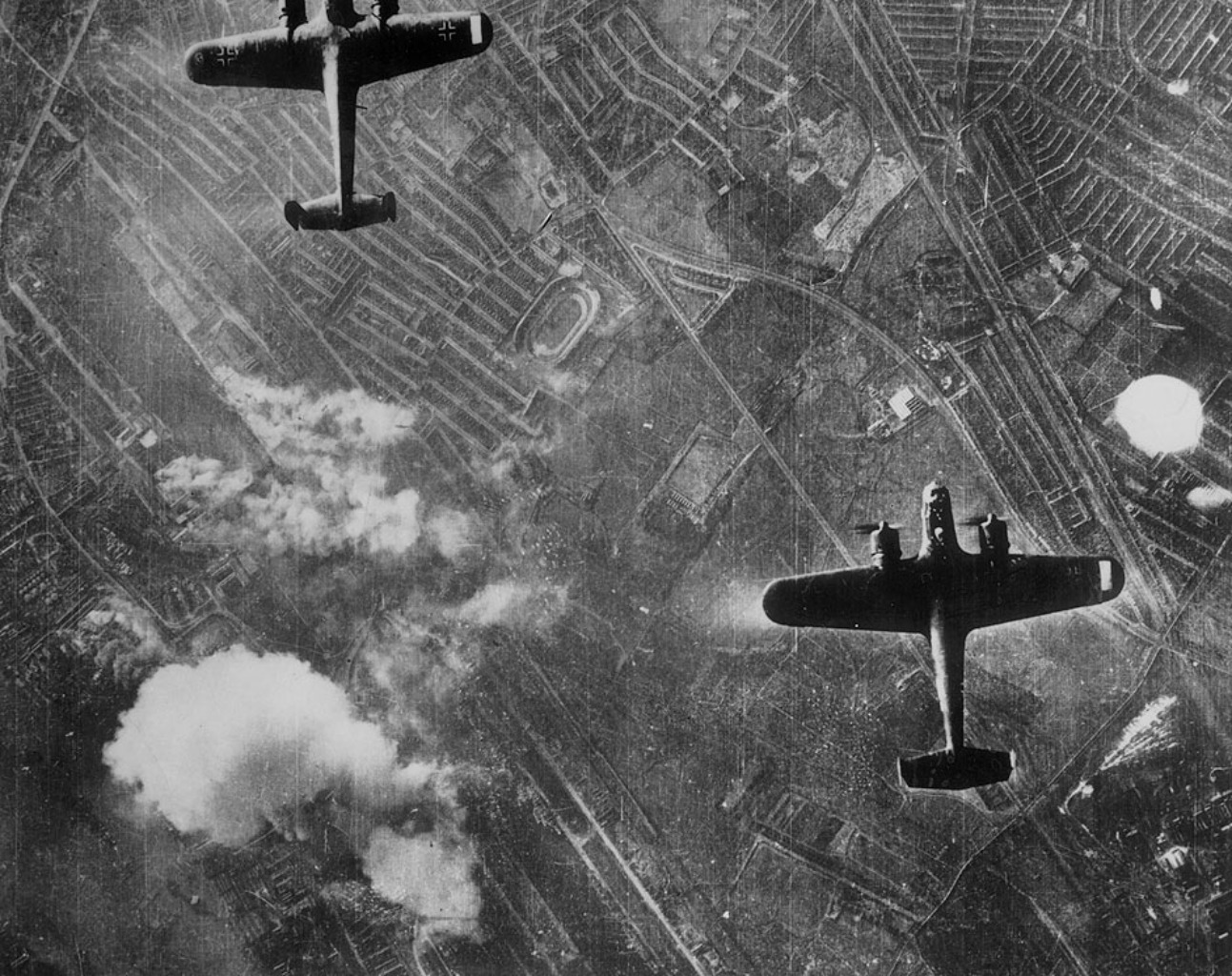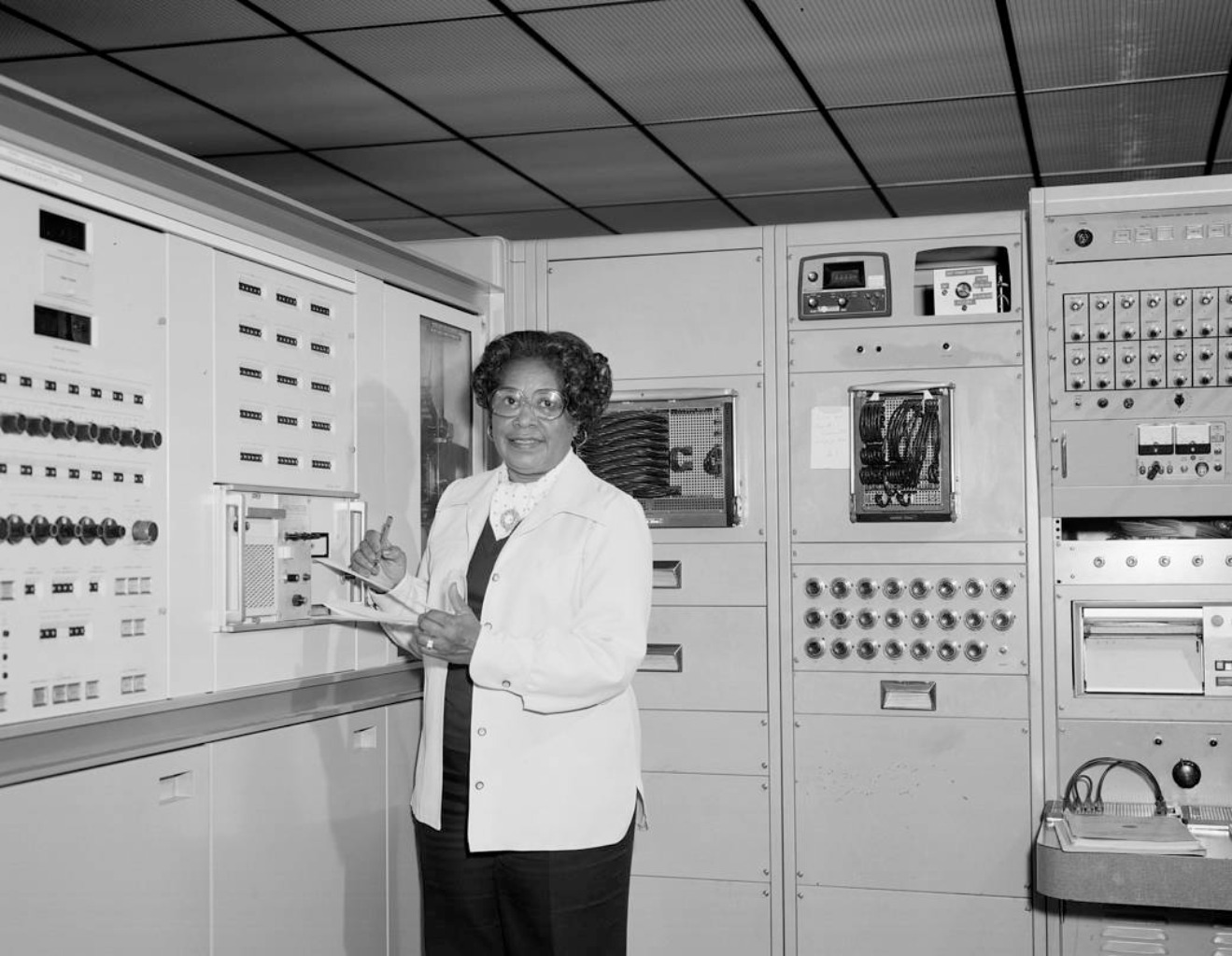Can reading non-fiction help you write fiction? In short, yes!
The best fiction feels realistic. So what better place to look for inspiration than real events, real people, real dialogue, and real stories? Reading detail-rich non-fiction will improve your fiction writing, through better settings and deeper characters.
Build an Accurate and Epic Setting

1940 was a terrifying year for Londoners. Erik Larson’s non-fiction account of World War II, The Splendid and The Vile, describes what Brits saw, smelled, heard, and felt during the Blitz:
- When a bomb was dropped on a building, a thin layer of gray dust covered every surface, making survivors look like ghosts
- Not all residents hid in bomb shelters during the Luftwaffe’s raids, around 30% of London just stayed in their beds
- Underground shelters began writing and printing their own community newspapers
- Children’s gas masks were made to look like Mickey Mouse, to make the whole affair seem less threatening for them
If you were writing a fiction story set in this era, the diary excerpts from Churchill’s private secretaries, Gallup polls from the time, and historical context would be the perfect details to use as building blocks for setting your fictional story.
In fact, reading non-fiction is typically an excellent (and enjoyable) way to gather research for your fiction writing. Obviously, it’s a necessary step for writing historical fiction, but it’s also key for writing sci-fi, where authors should have a base level understanding of whichever scientific elements they’re incorporating.

For example: When writing a sci-fi novel about a computer scientist who uncovers a secret government scheme to use nanobots, you’ll want to read a coding manual and skim engineering articles to gain a basic understanding of computing and robotics. This way, your writing will be convincingly techy. You’d also benefit from reading scientific reports, sci-fi writing guides, and researching lab layouts, to really nail the setting and jargon.
But what’s an amazing setting, if there are no compelling characters? Enhance all of your fiction writing, including contemporary fiction and fantasy, through likable and three-dimensional characters with compelling journeys.
Create Well-Rounded, Believable Characters
“How does reading non-fiction help me flesh-out great characters?” I hear you cry!
Non-fiction, particularly autobiographies and memoirs, give you access to someone else’s brain, experiences, and life. You may not have grown up on the South Side of Chicago and later become the First Lady, but you can experience that journey (and the accompanying emotions) by reading Michelle Obama’s Becoming.
The point is, you can get to know new personalities, encounter new ideas, and experience a life very different from your own through reading non-fiction.

And now, totally on board, you wonder, “Which non-fiction will help with my characters?”
Well, it depends on what you plan to write. To begin, consider who your main characters are and what they will be going through.
Don’t necessarily think of the circumstances—more so the associated feelings. (It will be hard to find a non-fiction book about a dragon fighter, but easy to find a memoir of someone who was faced with a great challenge and was stressed out of their mind.) Here are three to start:
- On The Brink is a memoir written by Henry Paulson, the Secretary-Treasurer during the 2008 financial crisis. If you’d like to get in the mind of a leader facing intense peril, this is the book to read.
- Hidden Figures details the lives and work of three black female scientists and mathematicians who made major contributions to NASA. Margot Lee Shetterly’s interwoven biographies are the perfect inspiration for your characters facing adversity.
- Life Undercover is Amaryllis Fox’s inside account of what it was like being recruited, trained, employed, and sent on a mission by the CIA. If you’re penning a fictional espionage thriller or a young person discovering their place in the world this is a must-read!
Essentially, no matter what topic you aim to tackle, your story will be more accurate, exciting, and believable if you read real stories in your genre. Not sure where to start? Just google: ‘Non-fiction books about [fill in the blank]’ and get to reading!

Need More Writing Inspiration?
Confucius said, “Everything has beauty, but not everyone sees it.”
Likewise, I believe that anything can inspire some element of your next book, as long as you’re on the lookout. Read these articles to learn how TV shows, movies, and other fiction can all give you tidbits of ideas, which you can then add to and alter to build your story.
Fun fact: The author of The Hobbit and The Lord of the Rings trilogy apparently began building his infamous adventures through Middle Earth after going on an archeological dig to a place called Dwarf Hill, where an allegedly magical golden ring was once found.
As we said, inspiration can come from anywhere!